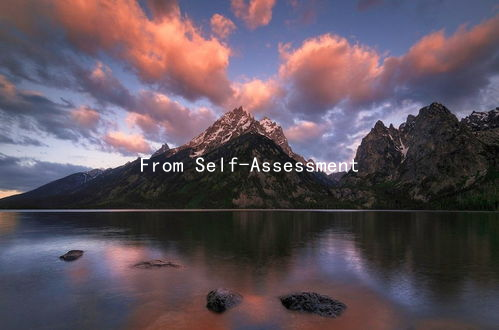From Self-Assessment to Connection: Effective Communication Techniques in Dating
Building a successful romantic relationship often begins with effective communication. Understanding ourselves and how we interact with others can lead to deeper connections. Here are some techniques and tips to enhance your dating experience, ranging from self-assessment to fostering meaningful conversations.
Self-Assessment: Understanding Your Needs and Values
Before diving into the dating world, take time to reflect on your own needs and values. Consider what you want in a partner and what aspects of a relationship are most important to you. Ask yourself questions like:
– What qualities do I admire in others?
– What are my non-negotiables in a relationship?
– How do I typically communicate my feelings?
Understanding these elements will not only increase your self-awareness but will also help you articulate your wants and needs to potential partners more effectively.
Active Listening: The Foundation of Connection
Communication is a two-way street. While expressing your thoughts and feelings is essential, equally important is the ability to listen actively. Show genuine interest in what your date has to say. Use techniques like:
– Paraphrasing: Repeat back what youve heard in your own words to confirm understanding.
– Asking open-ended questions: Encourage deeper conversation by asking questions that require more than a yes or no answer.
– Empathetic responses: Acknowledge your date’s feelings, which fosters a supportive atmosphere.
Active listening not only makes the other person feel valued but also establishes a stronger emotional connection.
Non-Verbal Communication: Beyond Words
Non-verbal cues play a vital role in communication, especially in dating scenarios. Body language, facial expressions, and eye contact can convey more than words alone. To enhance your non-verbal communication:
– Maintain eye contact: This shows attentiveness and interest.

– Mind your posture: An open posture (uncrossed arms, leaning slightly forward) can signal that you are engaged.
– Use appropriate touch: A light, casual touch can create intimacy, but always be mindful of your partner’s comfort level.
Being aware of both your own and your date’s non-verbal signals can help in gauging interest and comfort levels.
Vulnerability: Building Trust and Intimacy
While it can be daunting, being vulnerable is crucial for fostering intimacy in a relationship. Share personal stories or experiences that have shaped you, and encourage your date to do the same. This can create a safe space for both individuals and allow for a deeper understanding of each other.
However, it’s essential to gauge timing and context when opening up. Vulnerability should be reciprocal; ensure that your date feels comfortable sharing as well.
Avoiding Miscommunication: Phrasing Matters
In dating, the way you phrase things can dramatically impact the conversation. Avoid ambiguous statements that can lead to misinterpretation. Instead, aim for clarity by using I statements to express your feelings. For example:
– Instead of saying, You always make me feel bad, try, I feel hurt when the conversation turns in that direction.
This approach focuses on your feelings rather than placing blame, reducing defensiveness and fostering constructive dialogue.
Feedback and Growth: Continuous Improvement
After a date, take time to reflect on the interaction. Consider what went well and what might need adjustment. It’s also helpful to seek feedback, either from trusted friends or even through conversations with your date if appropriate.
Learning from each experience can help you refine your communication skills and better adapt to future dating scenarios.
Conclusion: The Journey to Connection
Effective communication in dating is an ongoing journey rather than a destination. By engaging in self-assessment, honing your listening skills, being aware of non-verbal cues, embracing vulnerability, and focusing on clear phrasing, you can create stronger connections with potential partners. Remember, every interaction is a learning opportunity, and with patience and practice, you can transform your dating experiences into meaningful relationships.





